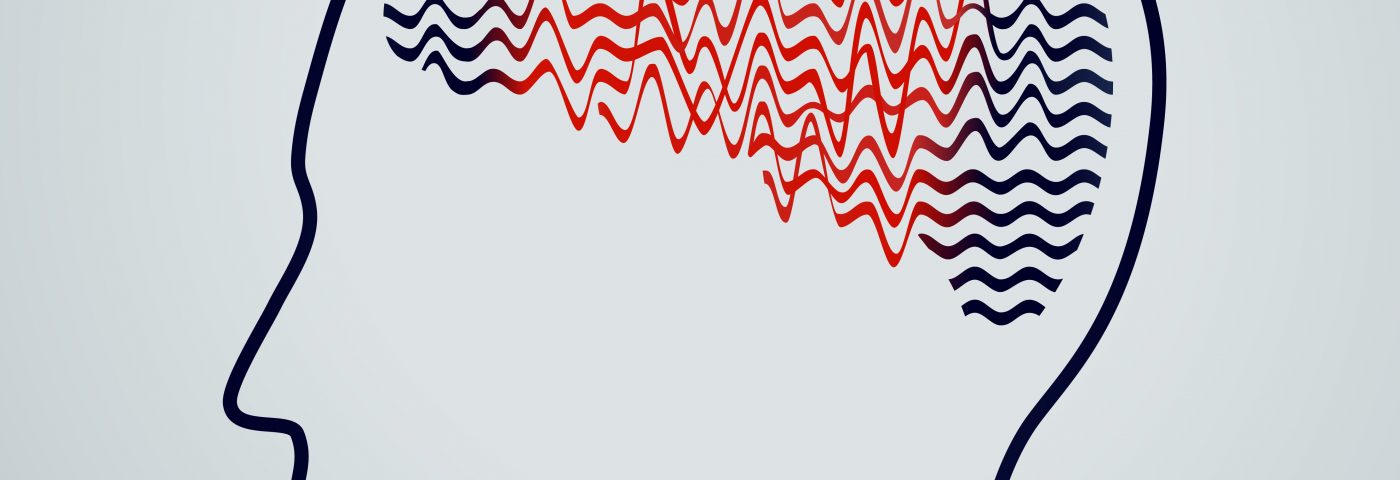Zynerba Pharmaceuticals has announced the start of the its Phase 2 STAR1 trial to assess the safety and effectiveness of ZYN002, a cannabiniol (CBD) gel for the treatment of adult epilepsy patients with refractory focal seizures.
“The dosing of the first patients in the STAR 1 clinical trial in adults with refractory epilepsy is a significant milestone for the company,” said Armando Anido, chairman and CEO of Zynerba, in a press release. “We are pleased by the pace of the clinical program for ZYN002.”
ZYN002 CBD gel is the first synthetic CBD formulated as a permeation-enhanced gel for transdermal (applied to the skin) delivery. It is also under development and in testing for osteoarthritis and Fragile X syndrome. Anido said top line results from all three trials can be expected during the first half of 2017.
The ZYN002 gel is composed of synthetic cannabidiol, which has previously been shown to reduce seizure frequency in people with drug-resistant epilepsy. The gel was designed to be absorbed directly by the skin in consistent, controlled twice-daily dosing. The absorption by the skin allows the gel to enter directly into the systemic circulation, avoiding the liver and the gastrointestinal system (and degradation in the stomach). The application allows lower doses of the drug to be used.
The Phase 2 trial will analyze the effect of the ZYN002 gel in 180 adults with refractory, or drug resistant, epilepsy in Australia and New Zealand. For the first eight weeks, researchers will evaluate seizure frequency and type in the epileptic patients. After the baseline period, patients will be randomized with one of two different doses of the drug (195 mg or 97.5 mg of ZYN002 4.2% CBD gel), or a placebo gel, every 12 hours for 12 weeks.
The study aims to evaluate changes in seizure frequency in the patients during the trial period, and the safety and tolerability of the drug.
Epilepsy is a chronic disorder characterized by recurrent, unprovoked seizures. Approximately 2.2 million patients in the United States and 3.1 in Europe and Japan have the condition. Focal seizures, the most common type of seizure (35% of all epilepsies), usually start in a small area of the temporal or frontal lobe of the brain, but can involve other areas.


